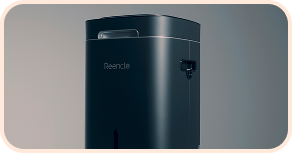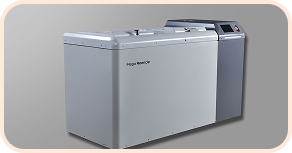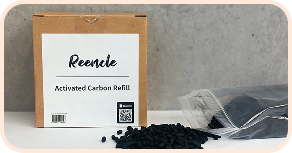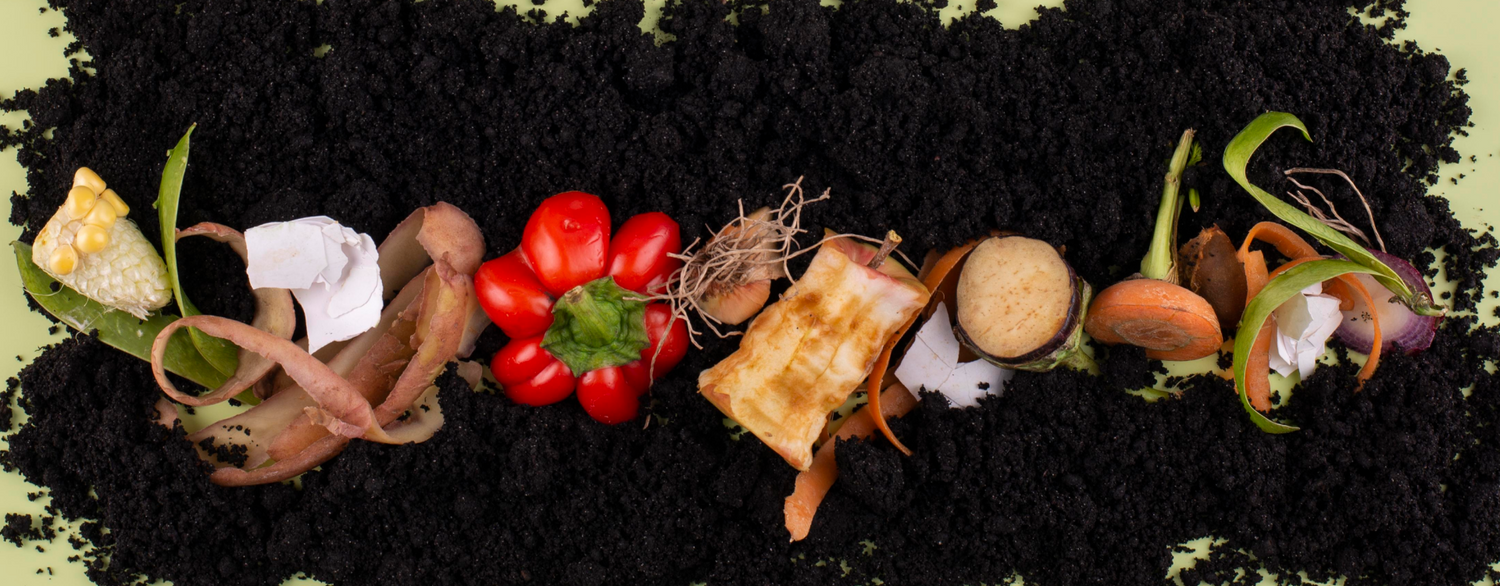Reencle has emerged as a game-changer in home composting, offering a unique approach to food waste management that diverges from traditional methods.
While conventional composting relies on natural decomposition in outdoor bins, Reencle employs a sophisticated, technology-driven process to transform food scraps into nutrient-rich fertiliser.
This article delves into the science behind Reencle, exploring the key principles and innovations that make this food recycler a compelling solution for sustainable living.

Three Stages of Transformation
Reencle's food recycling process involves three distinct stages: drying, grinding, and decomposition. Each stage plays a crucial role in breaking down food waste efficiently and effectively.
1. Drying: In the first stage, Reencle utilises gentle heat to remove moisture from the food waste. This drying process serves several purposes. Firstly, it reduces the volume of the waste, making it easier to manage and store. Secondly, it inhibits the growth of unwanted bacteria and mould, which can cause unpleasant odours and hinder the composting process. By creating a dry environment, Reencle ensures that the decomposition process proceeds smoothly and hygienically.
2. Grinding: Once the food waste is dried, Reencle's internal grinder pulverises it into smaller particles. This grinding action increases the surface area of the waste, making it more accessible to the microorganisms that will carry out the decomposition process. The smaller particle size also accelerates the breakdown of the organic matter, significantly reducing the overall composting time compared to traditional methods.
3. Decomposition: The final stage involves the decomposition of the ground food waste. Reencle utilises a combination of heat and specially selected microorganisms to break down the organic matter. These microorganisms, often referred to as "good bacteria," play a vital role in the composting process. They consume the organic waste, converting it into valuable nutrients and humus, the stable organic matter that forms the basis of fertile soil. Reencle's controlled environment ensures optimal conditions for these microorganisms to thrive, accelerating the decomposition process and producing high-quality fertiliser.

Innovations and Advantages
Reencle's innovative approach to food recycling offers several advantages over traditional composting methods:
- Efficiency: The combination of drying, grinding, and microbial decomposition significantly accelerates the composting process, allowing Reencle to produce fertiliser in a matter of days, compared to weeks or months with traditional methods.
- Odour Control: The drying process effectively eliminates unpleasant odours associated with decomposing food waste, making Reencle suitable for indoor use.
- Versatility: Unlike traditional composting, Reencle can handle a wider range of food waste, including meat, bones, and dairy products, which are typically not recommended for outdoor composting bins.
- Convenience: Reencle's automated process requires minimal user intervention, making it a convenient and hassle-free solution for managing food waste.

Environmental Impact
Reencle's technology aligns with the growing emphasis on environmental sustainability. By diverting food waste from landfills, Reencle helps reduce greenhouse gas emissions and promotes responsible resource management. Landfills are a significant source of methane, a potent greenhouse gas that contributes to climate change. By composting food waste at home with Reencle, users can actively participate in reducing their environmental footprint.
Furthermore, the fertiliser produced by Reencle can be used to enrich soil, reducing the need for synthetic fertilisers. This not only benefits plants and gardens but also minimises the environmental impact associated with the production and transportation of chemical fertilisers.
Conclusion
Reencle's food recycling technology represents a significant advancement in home composting.
By combining scientific principles with innovative engineering, Reencle composer offers a practical and efficient solution for transforming food waste into valuable fertiliser.
Its ability to accelerate the composting process, control odours, and handle a wide range of food waste makes it a compelling option for environmentally conscious individuals and families seeking to reduce their impact on the planet.






